Malotira (Sideritis syriaca), also known as Cretan Mountain tea is a herbaceous plant or shrub, 10-50cm long, which is met at ranges over 900m in West Crete (over 900m). The species is endemic to Crete and the name syriaca (instead of cretica) probably comes from a confusion of the botanist who gave the name.
Its leaves are small and fluffy, while on the summer it has tiny yellow flowers. The population of malotira has unfortunately fallen dramatically, mainly because of overgrazing and excessive collection. Some argue that this population decline has started since the Chernobyl disaster. Thus, the amazing honey produced from flowers of malotira till the 80s, is no longer produced anywhere.
The Venetians seem to have taught the use of the herb to the Cretans against colds, diseases of the stomach and respiratory tract. According to one version, the name of maletira comes from the Italian word male (illness) and tirare (drag, push away), expressing its therapeutic properties. Alternatively, it is considered that the word derives from the Greek word mallotos (= hairy) because of the fluffy leaves.










 Cretan Mount Tea (Malotira)
Cretan Mount Tea (Malotira) 







































































